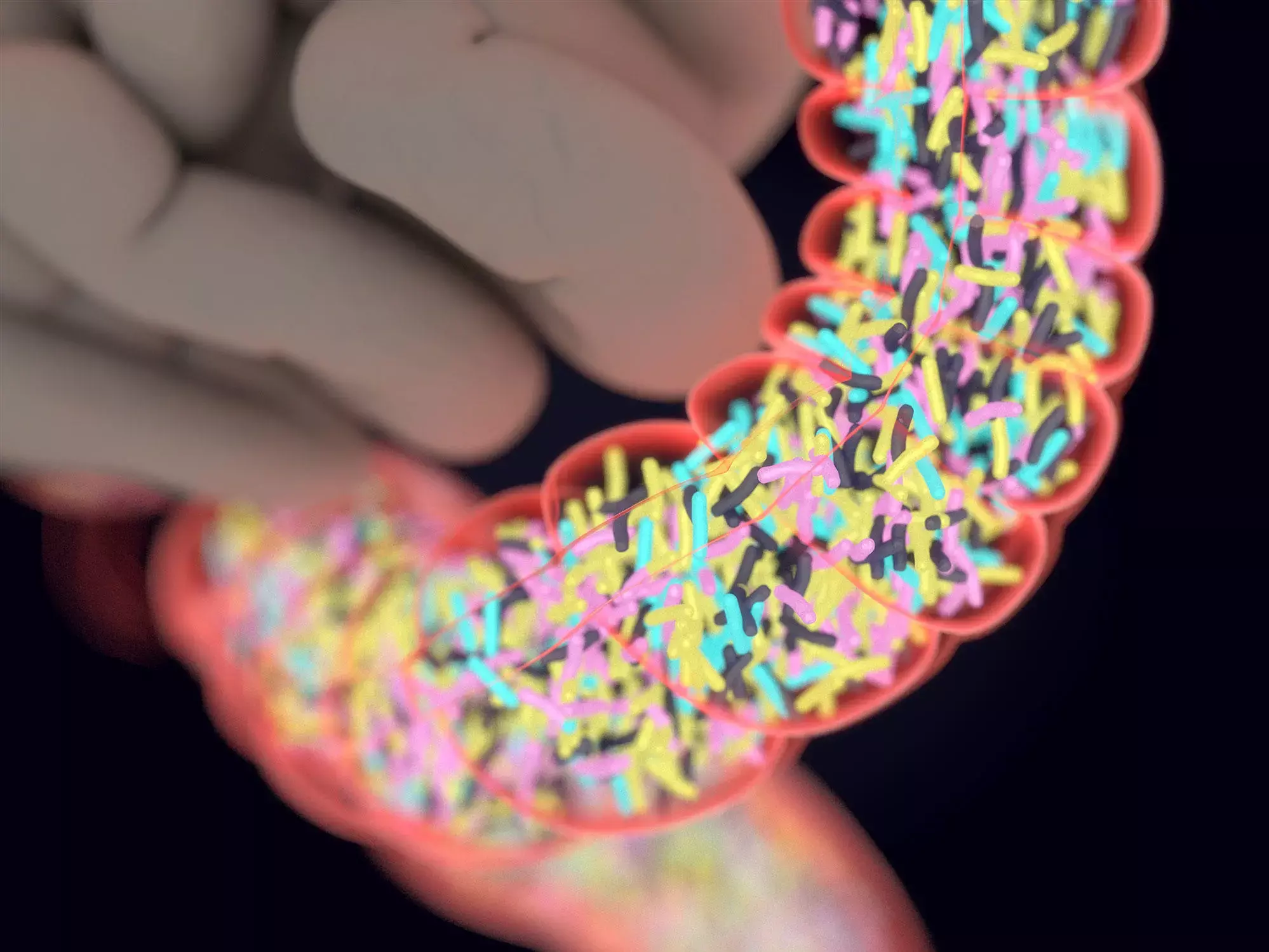- Home
- Medical news & Guidelines
- Anesthesiology
- Cardiology and CTVS
- Critical Care
- Dentistry
- Dermatology
- Diabetes and Endocrinology
- ENT
- Gastroenterology
- Medicine
- Nephrology
- Neurology
- Obstretics-Gynaecology
- Oncology
- Ophthalmology
- Orthopaedics
- Pediatrics-Neonatology
- Psychiatry
- Pulmonology
- Radiology
- Surgery
- Urology
- Laboratory Medicine
- Diet
- Nursing
- Paramedical
- Physiotherapy
- Health news
- Fact Check
- Bone Health Fact Check
- Brain Health Fact Check
- Cancer Related Fact Check
- Child Care Fact Check
- Dental and oral health fact check
- Diabetes and metabolic health fact check
- Diet and Nutrition Fact Check
- Eye and ENT Care Fact Check
- Fitness fact check
- Gut health fact check
- Heart health fact check
- Kidney health fact check
- Medical education fact check
- Men's health fact check
- Respiratory fact check
- Skin and hair care fact check
- Vaccine and Immunization fact check
- Women's health fact check
- AYUSH
- State News
- Andaman and Nicobar Islands
- Andhra Pradesh
- Arunachal Pradesh
- Assam
- Bihar
- Chandigarh
- Chattisgarh
- Dadra and Nagar Haveli
- Daman and Diu
- Delhi
- Goa
- Gujarat
- Haryana
- Himachal Pradesh
- Jammu & Kashmir
- Jharkhand
- Karnataka
- Kerala
- Ladakh
- Lakshadweep
- Madhya Pradesh
- Maharashtra
- Manipur
- Meghalaya
- Mizoram
- Nagaland
- Odisha
- Puducherry
- Punjab
- Rajasthan
- Sikkim
- Tamil Nadu
- Telangana
- Tripura
- Uttar Pradesh
- Uttrakhand
- West Bengal
- Medical Education
- Industry
Fecal Microbiota Transplantation Might Prevent Clostridioides difficile infection in IBD Patients

Clostridioides (formerly Clostridium) difficile is a Gram-positive, anaerobic, spore-forming opportunistic pathogen and is the leading cause of hospital-acquired, antibiotic-associated diarrhea. A recent study suggests that fecal microbiota transplantation (FMT) appears to be a highly effective therapy for preventing recurrent Clostridioides difficile infection (CDI) in patients with inflammatory bowel disease (IBD).
The study findings were published in the Journal of Clinical Gastroenterology on December 06, 2021.
Studies have shown that FMT is a safe and effective therapy for recurrent Clostridioides difficile infection. However, data on FMT for CDI in patients with underlying IBD are emerging but conflicting. Therefore, Dr Sahil Khanna and his team conducted a study to evaluate the efficacy and safety of FMT for CDI in IBD and its impact on IBD outcomes.
The researchers conducted a systemic review of multiple databases including Embase, Scopus, and Web of Science. They focused on the pooled rate of CDI resolution after single and multiple FMTs in IBD patients. They assessed the rates of IBD-associated outcomes (flare, surgery, symptom improvement) after FMT. They used the random-effects model to calculate pooled rates.
Key findings of the study:
- Among 457 adult patients, the researchers observed 363 had CDI resolution after first FMT with a pooled cure rate of 78%.
- They noted that the overall pooled rate cure rate with single and multiple FMTs was 88%.
- They found that the pooled rate of an IBD flare after FMT was 26.8% and of colectomy was 7.3%.
- Among 141 pediatric patients, they noted that 106 had CDI resolution after first FMT with a pooled cure rate of 78%.
- They also noted that the overall pooled cure rate with single and multiple FMTs was 77%.
- They further found that the pooled rate of an IBD flare after FMT was 10.8%, and of colectomy was 10.3%.
The authors concluded, "FMT appears to be a highly effective therapy for preventing recurrent CDI in patients with IBD. Patients who fail a single FMT may benefit from multiple FMTs."
For further information:
Medical Dialogues Bureau consists of a team of passionate medical/scientific writers, led by doctors and healthcare researchers. Our team efforts to bring you updated and timely news about the important happenings of the medical and healthcare sector. Our editorial team can be reached at editorial@medicaldialogues.in.
Dr Kamal Kant Kohli-MBBS, DTCD- a chest specialist with more than 30 years of practice and a flair for writing clinical articles, Dr Kamal Kant Kohli joined Medical Dialogues as a Chief Editor of Medical News. Besides writing articles, as an editor, he proofreads and verifies all the medical content published on Medical Dialogues including those coming from journals, studies,medical conferences,guidelines etc. Email: drkohli@medicaldialogues.in. Contact no. 011-43720751


